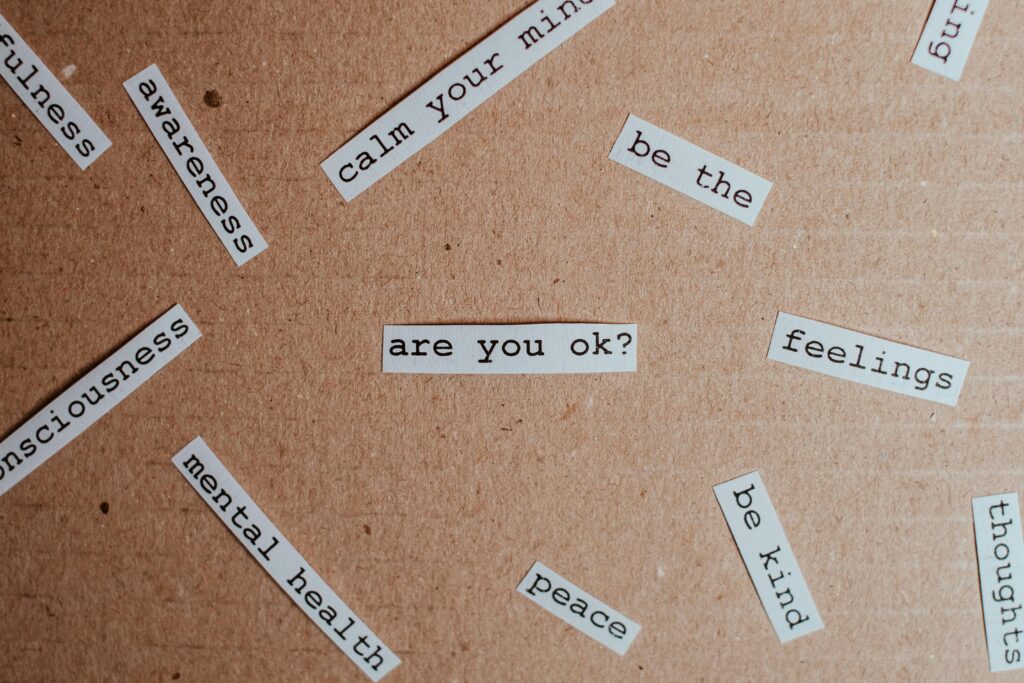When Therapy Feels Like a Lifeline—and a Luxury
When you’re juggling grief, financial stress, and overwhelming emotions, therapy can feel like both a lifeline and a luxury. At The Well: Family Support, we know healing takes time—but we also know that progress doesn’t only happen in the therapy room.
Whether you’re spacing out sessions to save money or simply trying to stay grounded during a hard week, here are some therapist-approved tools to support your emotional wellness between visits.
For Grief: Honor the Loss, Hold the Love
Grief doesn’t follow a schedule—it comes in waves, sometimes gentle and sometimes crashing. These exercises can help you ride those waves with compassion and intention.
1. Write to Your Person
Grab a notebook or voice memo app and talk to the person you lost. Say the things left unsaid. Share what’s hard. Share what’s beautiful.
2. Make a Memory Box or Grief Jar
Fill it with pictures, favorite quotes, small keepsakes, or notes about moments you shared. Pull something out when the ache is strong.
3. Create a Daily Anchor
Light a candle. Take a walk. Listen to a song. Choose one small daily ritual that quietly says, “I carry you with me.”
For Financial Stress: Ground Yourself in What Matters
Financial strain adds layers of pressure and shame that can cloud everything. Instead of spiraling, try these grounding tools:
1. Set a “Worry Time”
Spend 10–15 minutes each day writing down your money worries. Outside that window, gently redirect your brain. This helps prevent all-day anxiety loops.
2. Practice Values-Based Budgeting
Write down what truly matters to you—then align your spending with those values. Free printable budget templates can help clarify needs vs. wants.
3. Celebrate Low-Cost Wins
Joy doesn’t have to come with a price tag. Plan one free or low-cost activity each week that brings you peace: library visits, journaling, nature walks, or calling someone you love.
For Emotion Regulation: Skills That Actually Work
When emotions feel too big, these tools can help you stay present and steady.
1. TIPP Skills (Quick Relief from Emotional Storms)
- Temperature: Splash cold water on your face
- Intense movement: Do 20 jumping jacks or take a brisk walk
- Paced breathing: Inhale for 4 counts, exhale for 6
- Paired muscle relaxation: Tense and slowly release each muscle group
2. Name It to Tame It
Say what you’re feeling out loud: “This is grief. This is fear. This is anger.” Naming emotions helps your brain process them instead of being hijacked by them.
3. Keep a Thought Journal
Notice when your thoughts spiral. Ask:
- What triggered this feeling?
- What story am I telling myself?
Then gently challenge the thought: “Is this true? Is there another way to see it?”
Bonus: Tools You Can Start Today
Free Apps: Insight Timer, CBT Thought Diary, MoodTools, Grief Refuge
Podcasts: Terrible, Thanks for Asking, Griefcast, The Happiness Lab
Books:
- It’s OK That You’re Not OK — Megan Devine
- The Grief Recovery Handbook — John James & Russell Friedman
- DBT Skills Workbook — Matthew McKay et al.
Final Word
You are not alone. Therapy is one tool, but healing happens every day—in how you breathe, reflect, and care for yourself in the quiet moments.
If you’re ready to take the next step, we’re here for you.
But even between sessions, remember this: your growth is real.
Visit thewellms.org to connect with a therapist or explore more mental health resources.




